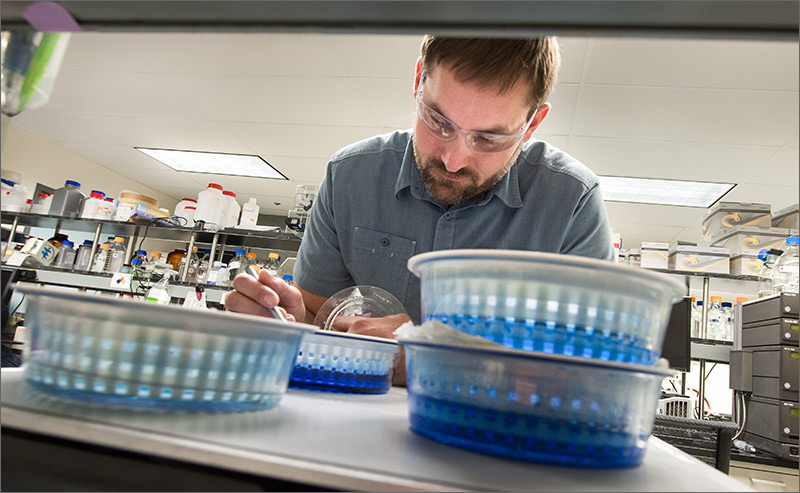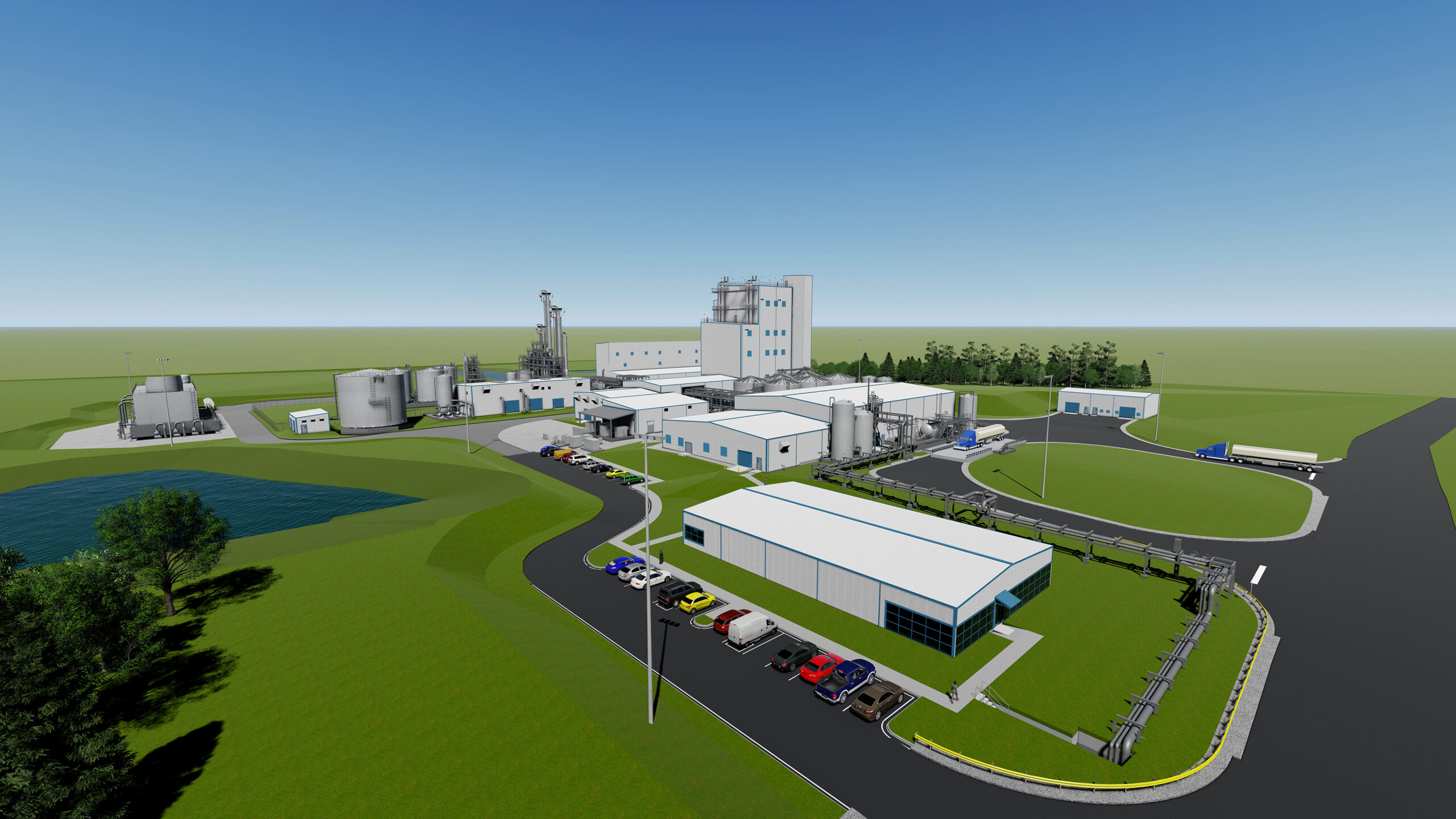Sorry for the cut and paste version of this news as I am currently under heavy deadline of my Bio-Materials newsletter…
Scientists at the Energy Department’s National Renewable Energy Laboratory (NREL) have developed an enzyme that could change the economics of biofuel conversion by converting biomass to sugars up to 14 times faster and much cheaper than competing catalysts in enzyme cocktails today.
This enzyme is called CelA, a cellulase from the bacterium Caldicellulosiruptor bescii, and the fact that it’s from a bacterium, and not a fungus, is reportedly just one reason why it is such a potential game-changer. Here are some others:
- Unlike most catalysts, CelA can digest not one, but two major components in biomass: both cellulose and xylan.
- CelA works in two mechanical realms, not just one. It is an ablater, scraping the valuable material off the cell walls of the plants. But it is also a borer, digging deep into the wall to grab more of the digestible biomass. It is the only enzyme known to dig pits into biomass; others only ablate.
- It can operate at much higher temperatures than other enzymes. That’s important because high temperatures mean faster action. Also, because it can operate above the boiling point of alcohol, the alcohol is separated naturally, saving a costly step in the conversion process—and the high temperatures kill many of the microorganisms that would otherwise interfere with the process.
In one scenario, the best commercially used enzyme converted sugars at a 30% extent in seven days. CelA converted to double that extent. And while it took the alternative enzyme seven days to achieve that conversion, CelA, with a small boost from an extra beta glucosidase, achieved double in just about two days.
Just CelA alone is said to be 4-5x faster at breaking down sugars than the enzymes in today’s cocktails. A more typical usage would be CelA combined with a beta glucosidase—the improvement that makes it 14x faster.
If the enzyme continues to perform well in larger tests, it could help drive down the price of converting cellulose and, with it, the price of everything from jet fuel to ethanol, butanol, drop-in fuels, and numerous chemicals.
NREL has filed for patent protection on the enzyme formulation and the improvements made to the unusual enzyme.






